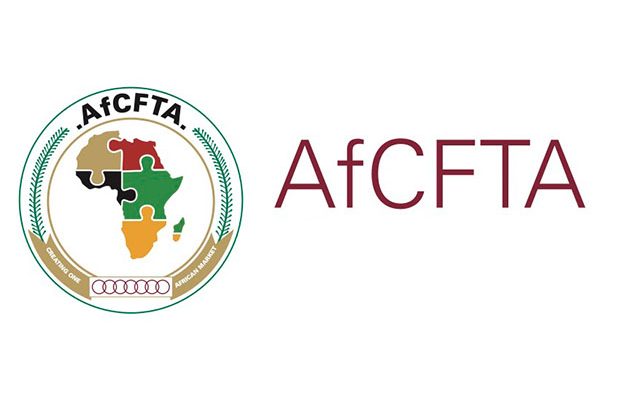The recent Guided Trade Initiative was the most serious leap by the African Continental Free Trade Area (AfCFTA) since its inception.
The media glitz which it commanded was appealing and for once showed Africa’s hunger for a continental free trade area, and the accompanying impetuses.
As a pilot which saw Kenyan tea brought to Ghana, it was an opportunity for many to understand what it is all about, the hitherto abstract subject.
We were glad that leap was taken. It was the culmination of the frenzy of activities taking place behind the office curtains and across borders.
The advantages of such a free trade are as enormous. There are also challenges which must be addressed for us to make meaningful digestion of the fruits of the free trade area. The significance of the advantages outweigh the challenges hence the need to ensure that the project works to the advantage of the continent, regardless of the bottlenecks.
We have looked on as the European countries benefit from the large market at the disposal of the membership. Better late than never as the dictum says. We have arrived and eager to make our marks in a way that would better the economies of individual countries making up the continental bloc.
Listening to a BBC programme on the GTI yesterday, we could not avoid deducing the ‘let us watch and see how it pans out’ insinuation in the presenter’s remarks.
Of course, the remarks represent the world’s which, as it were, is watching to see how we derive the advantages of such a large market in a continent which does not have a problem with numbers.
On a continent replete with conflicts and in recent times instabilities in some of its segments, the African Union has a task to clear in these minefields. With Burkina Faso registering two coups in a year and armed Al Qaeeda linked elements active in some parts of the Sahelian zone, the subject of insecurity cannot be brushed aside as a triviality.
Rampant coups and insecurity pose real risks to our ability to harness the impetuses of a free trade area as represented by the AfCFTA.
The continent, even as she awaits the other phases of the project to take off, should have a change of attitude by leaders towards governance.
Democratic governance, which is under siege in some parts of the continent, should be allowed to prevail because, it is a factor for the success of the free trade project.
Ghana, as a host country of the free trade area, must educate her citizens about what the concept means as should others.
But for a few people, many do not even know that Ghana is hosting a continental free trade area let alone appreciate the advantages thereof.
When this understanding seeps into them, they would appreciate the importance of being hospitable to their fellow Africans when they come in contact with them.


